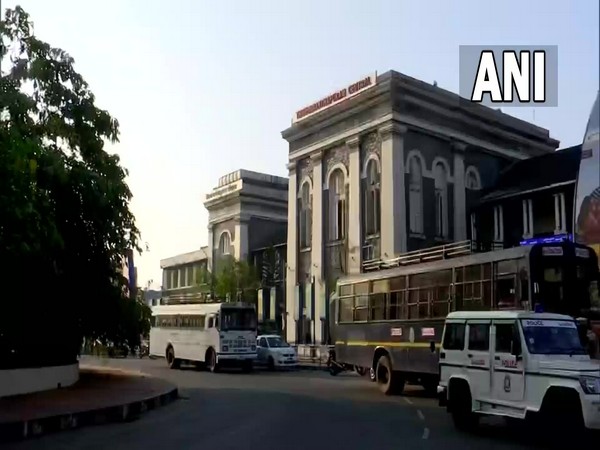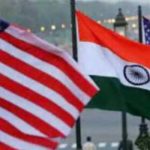New Delhi [India], March 28 (ANI): A 48 hours Bharat bandh or a nationwide strike called by different trade unions to protest against government policies has kicked off in several states on Monday.
The strike will be observed for two days, March 28 and 29.
This is the first such strike after the BJP won the Assembly elections in four of five states.
Reduced rate of interest on Employees’ Provident Fund Organisation, rising fuel prices, are among a few reasons for the Bandh call.
In Kerala, the roads wore a deserted look, and only a few private vehicles could be seen. The Kerala State Road Transport Corporation (KSRTC) has halted its services.
The police have arranged for a travel facility to help people reach destinations like railway stations, hospitals etc.
However, the emergency services have been excluded from the strike. The Kerala High Court has restrained five unions in the Bharat Petroleum Corporation Limited (BPCL) from participating in the strike.
In West Bengal, even though the trade unions could be seen protesting on the streets, the state government has asked all offices to remain open and mandated employees to report for duty.
Members from the Left Front gathered in huge numbers and blocked railway tracks at Jadavpur Railway Station in Kolkata, in view of the two-day nationwide strike called by different trade unions.
Other than the Bharatiya Mazdoor Sangh (BMS), almost all other trade unions are participating in the strike.
In Parliament, the CPI(M) MP Bikashranjan Bhattacharyya has moved the motion for suspension of business in Rajya Sabha under Rule 267 to discuss the issue of the two-day nationwide strike.
Likewise, the CPI MP Binoy Viswam gave a suspension of business notice in Rajya Sabha under rule 267 over the “two-day nationwide strike called by workers across the country to protest against the corporatisation and privatisation policies of the Central Government”.
A joint forum of central trade unions has given a call for a nationwide strike on March 28 and 29, to protest against government policies affecting workers, farmers, and people. (ANI)












